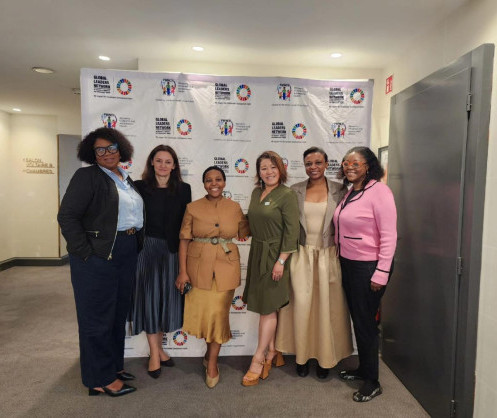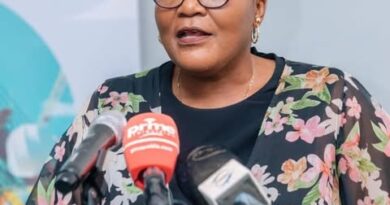Global Leaders Urge Regional Action to Prioritize Women’s, Children’s, and Adolescents’ Health at WHA78
Global health leaders have issued a powerful call to elevate women’s, children’s, and adolescents’ health (WCAH) on regional political agendas during the 78th World Health Assembly (WHA78), held in Geneva. Amid a constrained aid environment, leaders stressed the urgency of maximizing resources and political will to reverse persistent health inequities.
At a high-level event co-hosted by the Partnership for Maternal, Newborn & Child Health (PMNCH) and the Global Leaders Network (GLN), South Africa’s Minister of Health, Dr. Aaron Motsoaledi, emphasized political alignment and collaboration. “We are proud to provide the highest political support through the GLN,” said Dr. Motsoaledi. “Led by President Ramaphosa, and supported by other sitting heads of state, the network champions the SDG targets for WCAH.”
Shocking disparities were highlighted: in 2023, 1 in 15 children in Sub-Saharan Africa died before age five—a rate 14 times higher than in high-income countries and equivalent to global averages from two decades ago. Meanwhile, adolescents in low- and middle-income countries continue to face barriers to sexual, reproductive, and mental health services.
Speaking on behalf of the 47 WHO African Region Member States, Angola called for stronger regional responses. “Despite progress, most maternal and child deaths remain preventable. We must act jointly and recognize the setbacks,” the statement noted, urging for increased health financing and sustainable investment in health systems.
In a parallel effort, GLN, PATH, and PMNCH convened a strategic dialogue with international organizations including the European Union, Asia Development Bank, PAHO, Africa CDC, G20, and the Ministry of Health of Oman. Discussions focused on bolstering national WCAH data systems and accelerating action in priority countries.
These actions align with broader WHA78 goals, including a renewed strategic partnership between the African Union and WHO to prioritize reproductive, maternal, newborn, child, and adolescent health (RMNCAH).
Participants reaffirmed the need for rights-based, equity-driven policies and continuous high-level advocacy through GLN to ensure sustained momentum toward global and regional health goals.



